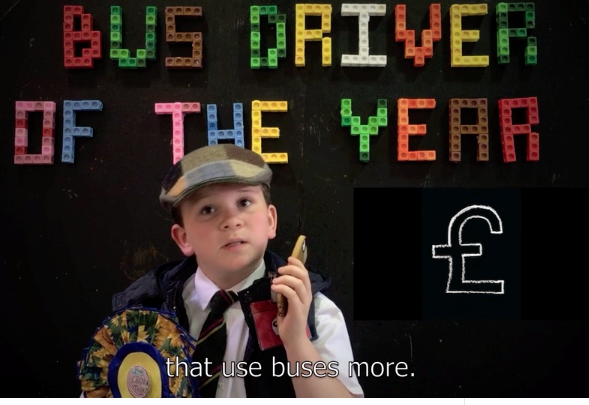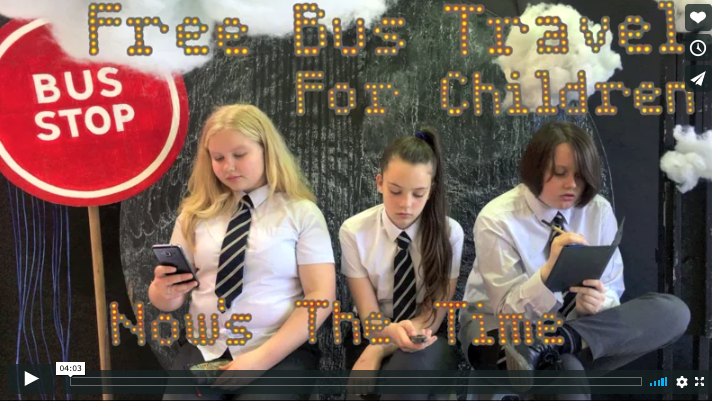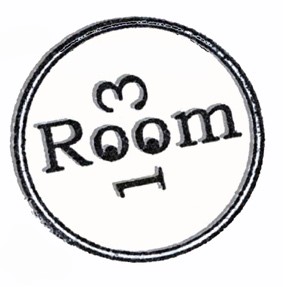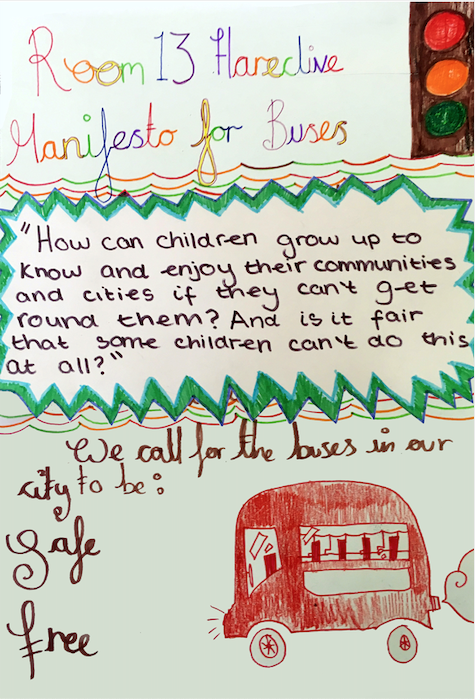Not on the Buses: reduce inequality by subsidising bus travel for Bristolian children

In October 2017, Mia, then aged 11, told the audience at Bristol’s Festival of the Future City: “My family don’t own a car and the bus fares are so expensive. Lots of people can’t get into Bristol to experience the city centre. Some children have never been into Bristol yet they only live a few miles away. So I want to ask you: how can children grow up and enjoy their cities if they can’t get around them? Is it fair that some children can’t do this at all?”
Mia highlighted a problem that is not new but is nevertheless shocking. There are children living in south Bristol, four miles from the city centre, who have never visited it. To understand why this happens, we - adults and children researchers - collaborated on The Bus Project (2018-20), funded by the Brigstow Institute and the University of Bristol Law School and wrote a report, Not on the Buses.
Before COVID19, bus ridership in Bristol was rising. Yet in Hartcliffe and Withywood, one of the most deprived parts of both the city and the country, 41% of residents had no access to a car or van. South Bristol has the second lowest number of 18 year olds progressing to university in England, nearly half as many as North Bristol, a few miles away. Many acknowledge that these young people’s life chances, socialisation and opportunities for active hobbies are impacted by a lack of access to buses. With hilly streets and dangerous roads, residents who cannot afford buses have limited mobility.
Free bus travel could cost around £59.50 per child per year (halving the average national cost of £118 for an older or disabled person’s bus pass as children travel with a 50% discount on First Bus in Bristol).
The Bus Project identified three possible ways to pay for free travel for some or all children: (i) allocating some supported bus services funding for children; (ii) using regional transport or economic development funds; and/or (iii) dedicating money raised from road pricing or a workplace parking levy.
PolicyBristol
Policy recommendations
• Children should have free bus travel. National government should increase subsidy for buses, recognising their social, cultural and environmental benefits. Local and regional authorities should lobby national governments for more bus subsidy funding.
• WECA/Bristol City Council should consider revenue raising schemes including road pricing, congestion charging and/or a workplace parking levy to raise money to subsidise the cost of free buses for some or all children in Bristol.
• Supporte bus funding should be used to fund free bus travel for children and young people.
• Children and young people under 18 should be explicitly consulted in decision-making about transport. Consideration should not be limited to school travel or road safety, as important as both these topics are. Children’s active leisure, belonging and socialisation are also critical transport issues.

Watch Room 13 Hareclive’s film, Now’s The Time on Vimeo.
Key findings
Children’s mobility is affected by the cost of buses in Bristol. One reason for this is that buses are often unaffordable for people on low incomes.
“If I take my children to the dentist, it’s 4 stops away but I have to pay £1 each there and back again with the £4 I have to pay for myself – that’s £8 [today the price would be £9], which is a week of electricity for us at home”. [Parent]
Children’s lack of familiarity perpetuates the difficulties. Often children do not know how to use buses, where to get off or how to navigate their way round the city centre.
“If bus travel was free for children until they left education it would be better for ALL of us in the long run. It makes economical sense as children will grow up to be adults that will use buses more, which is good for the bus companies, for congestion, the planet and all our health.” [Room 13 film script – Stan the busdriver]
Transport Social Exclusion has long been recognised in academic and policy circles yet politicians have not acted, other than to provide free travel for older and disabled people. As important as these interventions are, children and young people living in some of the most economically deprived areas of the country need bus subsidies too.
Buses receive less than 5% the amount of subsidy for rail, even though people in the highest income quintile are three times more likely to use the train. Children in London travel free on buses (and other forms of public transport). A similar subsidy could be provided under the regulatory regime that applies outside the capital.
People with free bus passes have consistently been found to have a greater sense of belonging. Yet in Bristol, not being on buses constrains children’s leisure, active hobbies including sports clubs and classes, independent mobility and socialisation.
“We wanted every child to go to the M Shed … so all these children have got a sense of identity with Bristol that they would all share. I think if we can’t get them there because of transport, then that’s a problem that we then need to solve, because there’s no point in having city museums and city cultural activities that are already prohibitive.” [Bristol City Council participant].
In their research and campaigning film, the children imagined how their lives might change with free bus fares.
“With free bus travel I can get to the skate park … I can go to football … I can get to dance classes … Now that there’s free bus travel me and my mates can go to the park. I love my free bus pass it means I can go to netball, meet my friends, go to things in town. I feel part of my city.”
Anecdotally, many people know that children are “not on the buses”. The challenge is how we can facilitate mobility and understand the effects of transport poverty.
Authors
Professor Antonia Layard (University of Bristol), children and adults from the Room 13 Hareclive collective, Ingrid Skeels (Bristol Child Friendly City), Finlay McNab (Streets Re-Imagined) and Phil Jones (University of Birmingham)
Further information
Antonia Layard, Room 13 E-Act Hareclive Academy, Ingrid Skeels, Finlay McNab and Phil Jones, Not on the Buses (University of Bristol Law Research Paper, University of Bristol, 2020).
Room 13 Hareclive is an innovative and nationally acclaimed arts/education project based in the grounds of Hareclive E-Act Primary in Hartcliffe, south Bristol; an independent artists’ studio that has been run by children and adults working together since 2003. www.room13hareclive.org.uk
Room 13 is a founding partner of the Bristol Child Friendly City working group.
Policy Briefing 96: Jan 2021
Contact the researchers
Professor Antonia Layard: Antonia.layard@bristol.ac.uk
Room 13 Hareclive and Ingrid Skeels: room13hareclive@yahoo.co.uk
Finlay McNab: Fin@streets-reimagined.com

